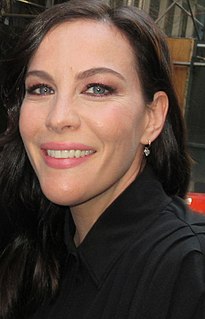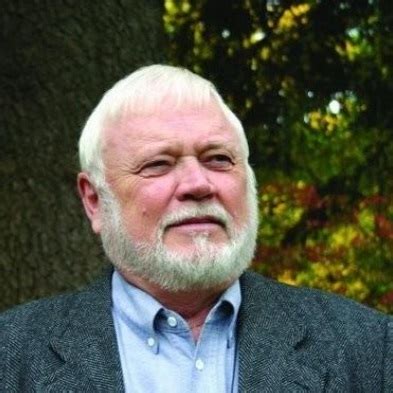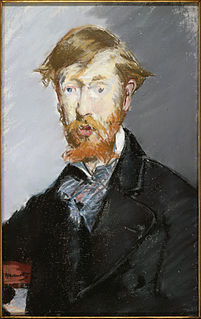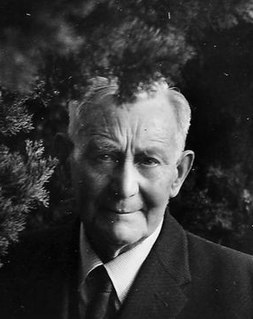A Quote by Steve Buscemi
Relationships are interesting to me. Not just between men and women, but fathers and sons, brothers and sisters and friends.
Related Quotes
I feel what they feel: man-hating, that volatile admixture of pity, contempt, disgust, envy, alienation, fear, and rage at men. It is hatred not only for the anonymous man who makes sucking noises on the street, not only for the rapist or the judge who acquits him, but for what the Greeks called philo-aphilos, 'hate in love,' for the men women share their lives with-husbands, lovers, friends, fathers, brothers, sons, coworkers.
I don't believe in categorising a gender, as it makes for discord. People always say, 'That's what men are like' or, 'That's what women do'; I don't really feel that at all. I think that's because I have two fathers, three brothers, a husband and two sons. I'm surrounded by maleness, and I couldn't possibly summarise them into a type.
I've seen beautiful and profound change and growth in men who are becoming fathers. Women get to carry the baby, so you might get a little head start on them, but watching a man get to know the little person, seeing that bond evolve and seeing the difference in the relationship between fathers and their sons and daughters, is fascinating.
The purpose of a fishing trip is not to catch fish. Bringing home meat is important, but it is more symbolic than necessary, as the new morality of catch-and-release has shown. What is important is what happens between people on fishing trips, especially between uncles and nephews, fathers and sons, old men in general and young boys in particular, it is one of the few times men are together without women.



































